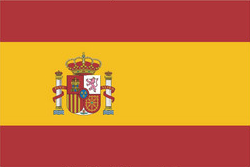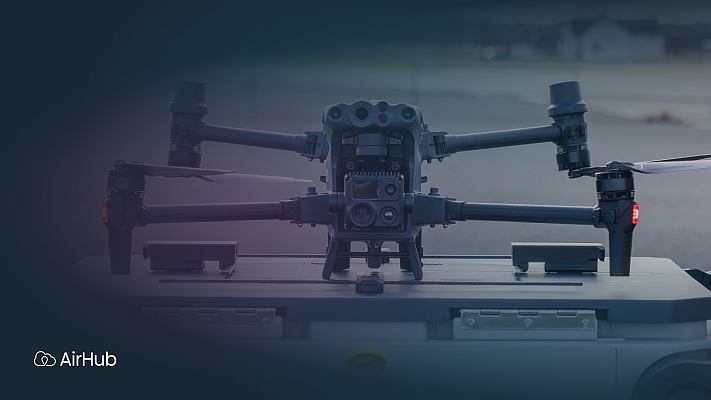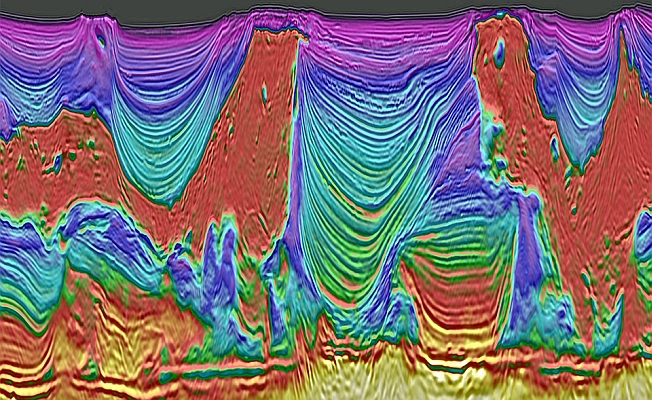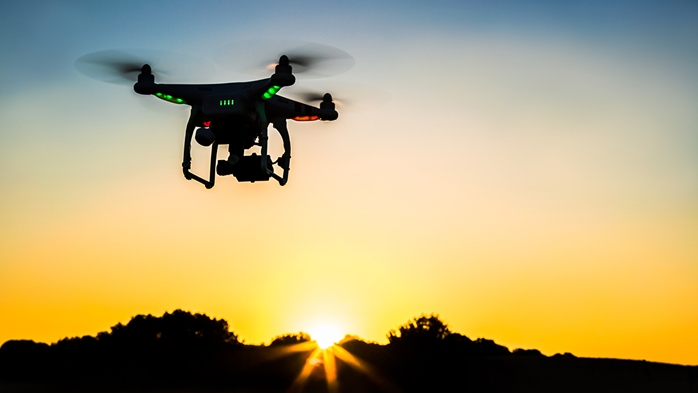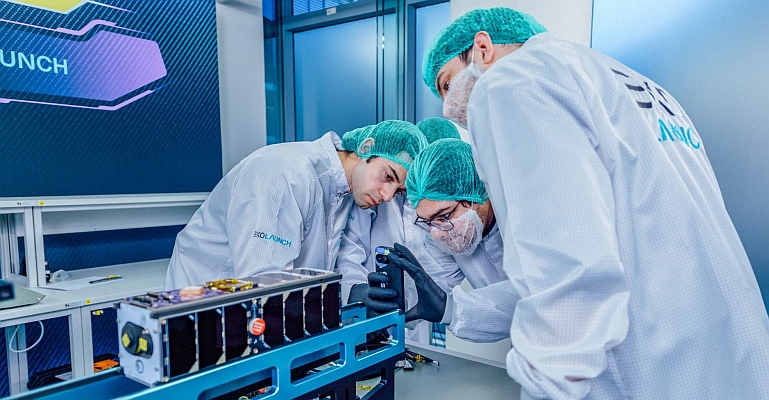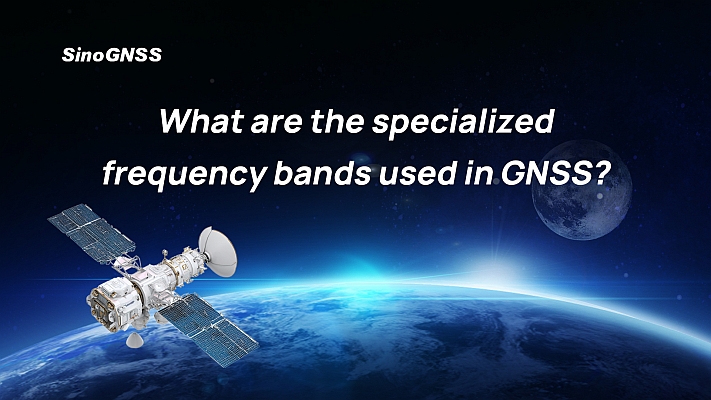Following the successful acceptance review, Astrium, Europe’s leading space company, has brought the third and fourth Galileo IOV (In-Orbit Validation) satellites to the European Space Agency (ESA) in Kourou, French Guiana. The arrival of the two satellites in Kourou on the 7th and 17th of August 2012 represents an important step for the European flagship programme. The two satellites are to be launched aboard a Soyuz rocket from the Guiana Space Centre in Kourou. They will join the two Astrium IOV satellites already in space to complete the Galileo IOV (In Orbit Validation) configuration.
“The important, high-performance Galileo navigation system is taking concrete shape. With the successful entry into service of the first two satellites and the acceptance of the next two, Astrium has reached another important milestone,” says Evert Dudok, CEO of Astrium Satellites. “The Astrium satellites serve as a template for all other Galileo satellites built in Europe. If the launch of IOV satellites 3 and 4 goes according to plan, Astrium will have laid the foundation for the complete high-performance Galileo system. Astrium and our subsidiaries involved in the Galileo programme have a 50% workshare in the Galileo system. We are leading the development of the Ground Control Segment and are also involved in system activities.”
 The two Galileo satellites were designed and built by a team led by Astrium GmbH in Ottobrunn, as prime contractor, who also oversaw the development and integration of the state-of-the-art navigation payload through Astrium Ltd. in Portsmouth. The satellites were assembled and tested in Rome by Thales Alenia Space Italia and subsequently flown to French Guiana in an Antonov An-124 cargo aircraft. The two satellites are numbers 3 and 4 of a total of four IOV satellites that Astrium is supplying for the Galileo system. Galileo is Europe’s first global satellite navigation system under civilian control. The system will supply reliable and ultra-precise positioning data worldwide.
The two Galileo satellites were designed and built by a team led by Astrium GmbH in Ottobrunn, as prime contractor, who also oversaw the development and integration of the state-of-the-art navigation payload through Astrium Ltd. in Portsmouth. The satellites were assembled and tested in Rome by Thales Alenia Space Italia and subsequently flown to French Guiana in an Antonov An-124 cargo aircraft. The two satellites are numbers 3 and 4 of a total of four IOV satellites that Astrium is supplying for the Galileo system. Galileo is Europe’s first global satellite navigation system under civilian control. The system will supply reliable and ultra-precise positioning data worldwide.
As soon as these two satellites join the first two in orbit, the four-satellite constellation will be activated in order to validate the Galileo system design. Four is the minimum number of satellites required for ultra-precise three-dimensional positioning.
Alongside overseeing the development of the Galileo IOV satellites, Astrium is also the largest industrial partner in Galileo Ground Segment and System Support activities. Astrium was awarded a €73.5 million contract by ESA on behalf of the EU to be the prime contractor for the Full Operational Capability (FOC) Ground Control Segment. The provision of Ground Control Segment (GCS) facilities for the operation of the Galileo constellation is covered by the GCS contract and is managed by Astrium in the UK. In February 2012, Astrium also received a contract from ESA to adapt Ariane 5 for a Galileo mission involving the simultaneous launch of four satellites.
The definition phase and the development and In-Orbit Validation phase of the Galileo programme were conducted by the European Space Agency (ESA) and co-funded by ESA and the European Commission.
The Full Operational Capability phase of the Galileo programme is managed and fully funded by the European Commission. The Commission and ESA have signed a delegation agreement under which ESA is authorized to act as design and procurement agent on behalf of the Commission.

